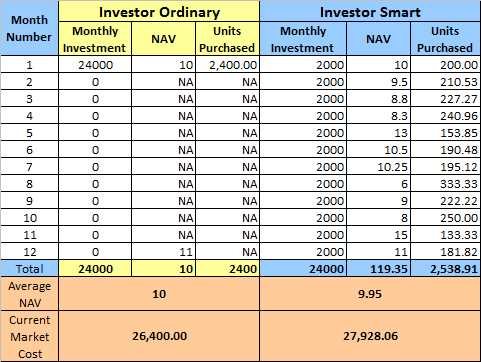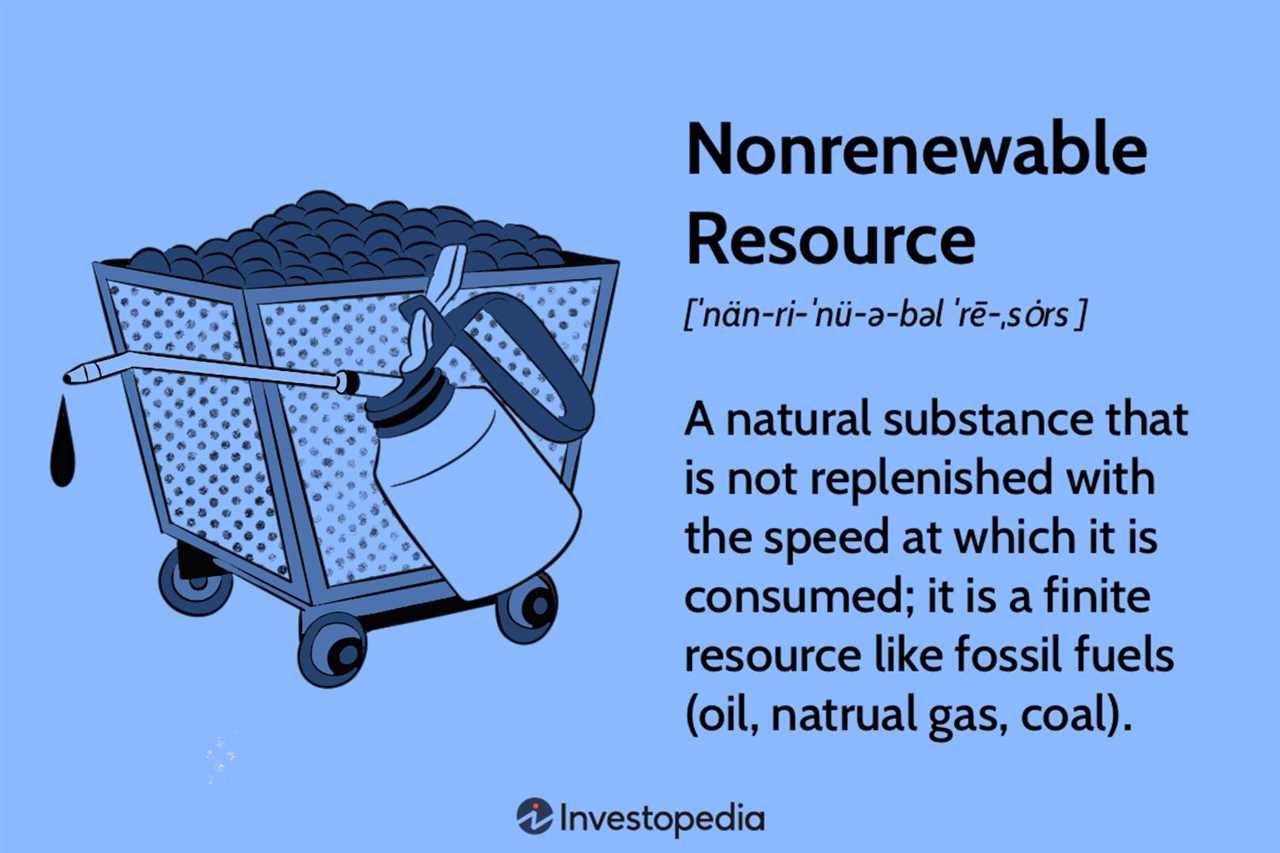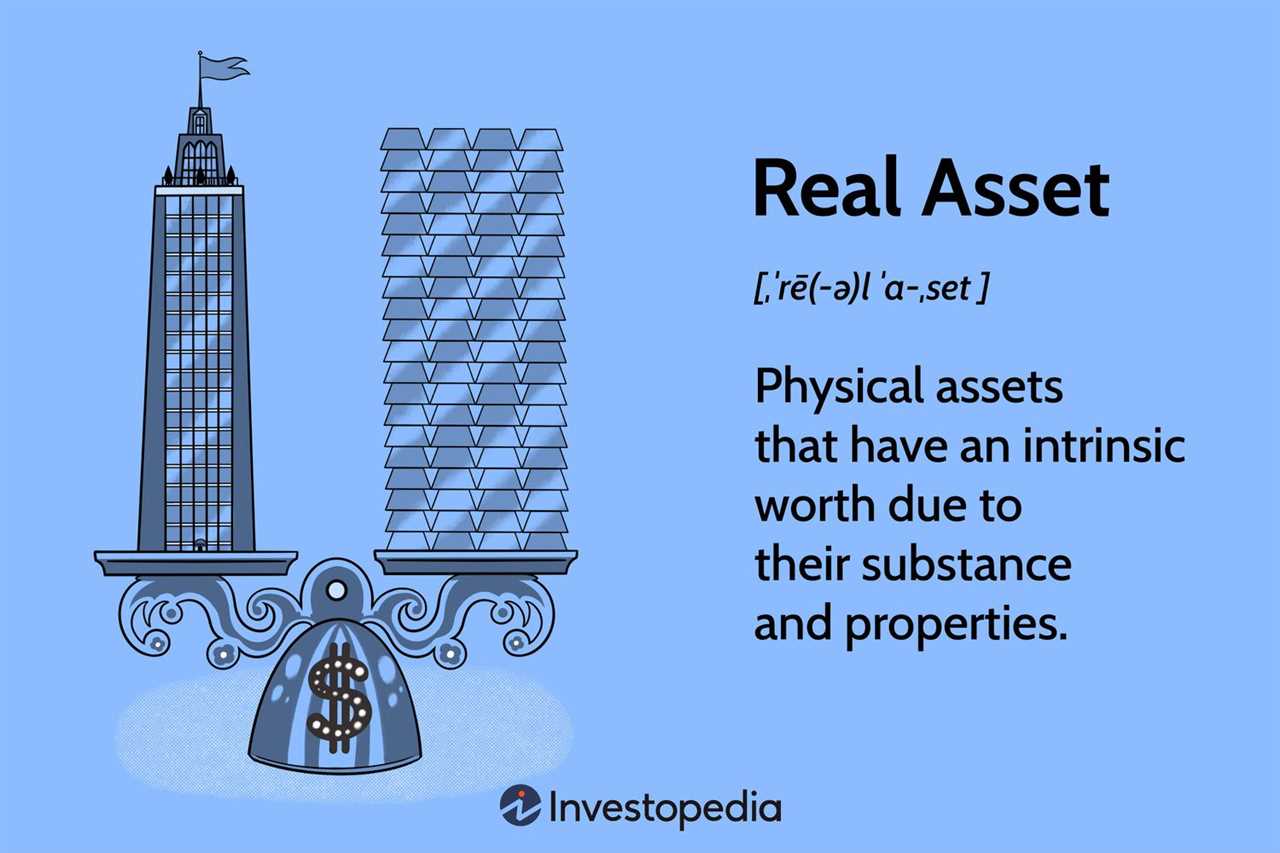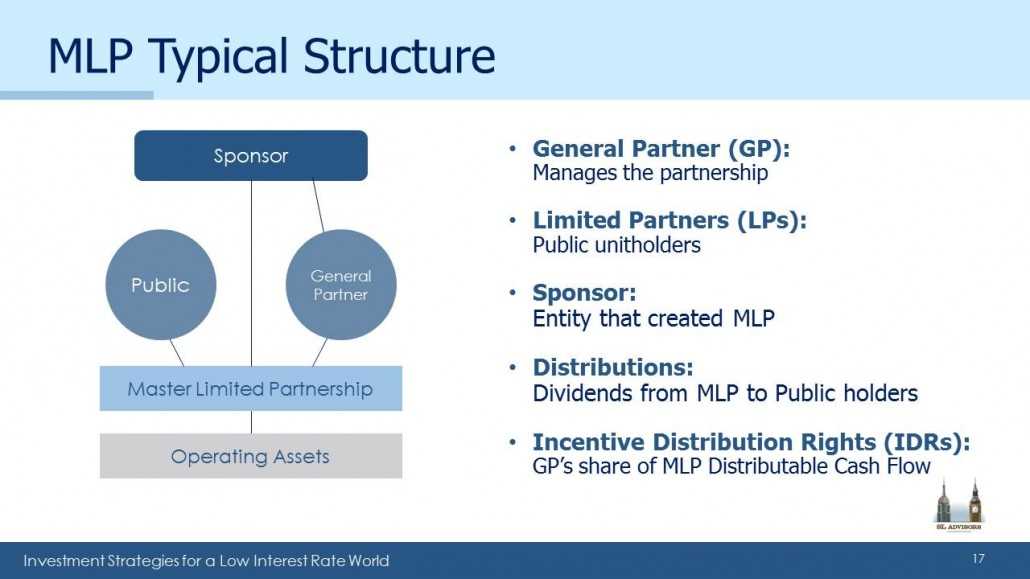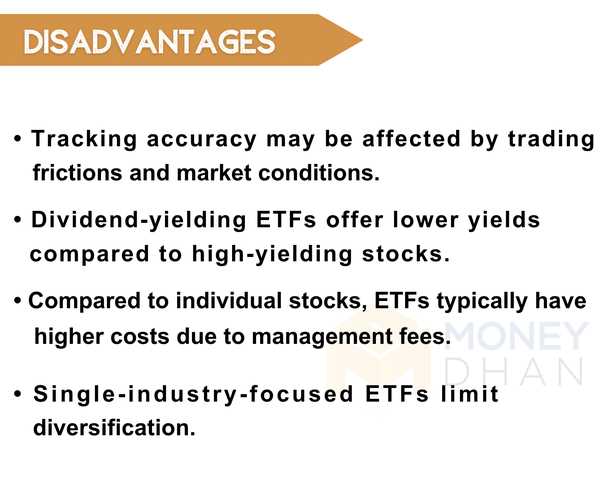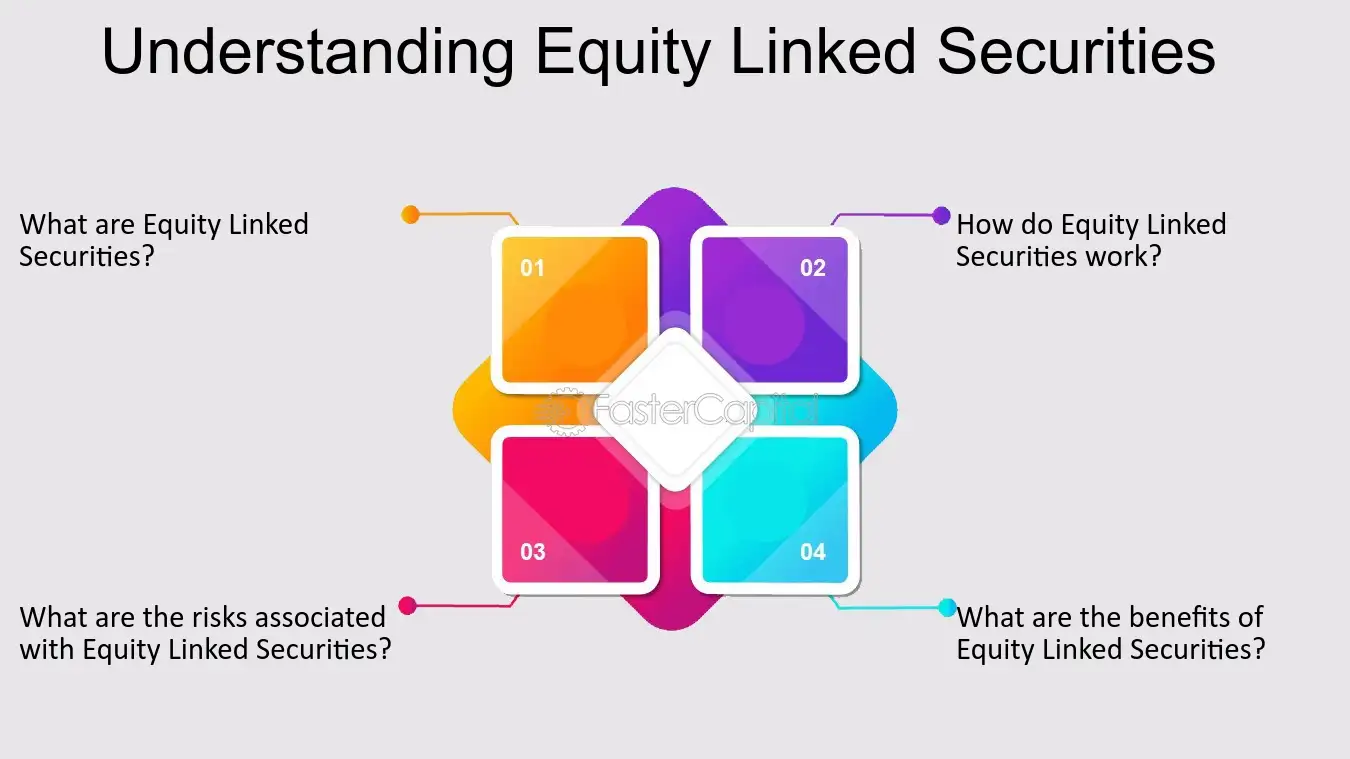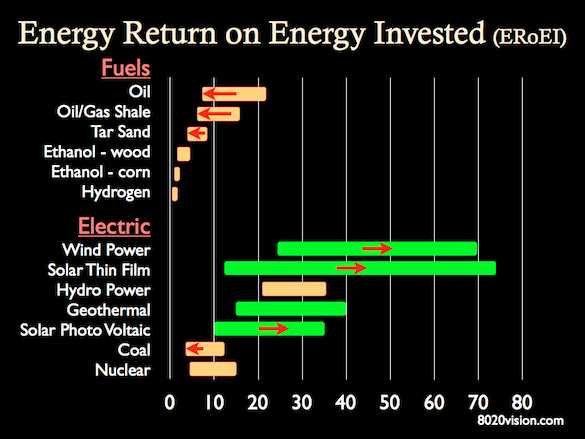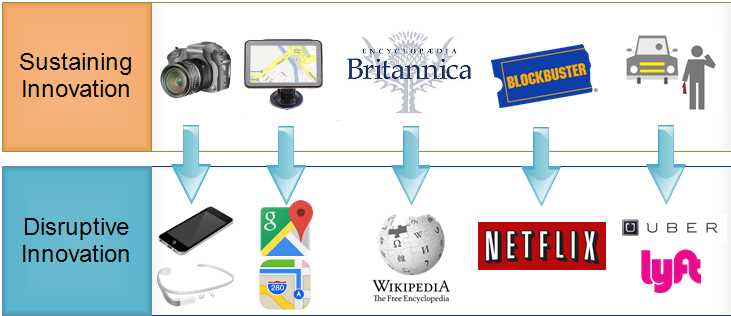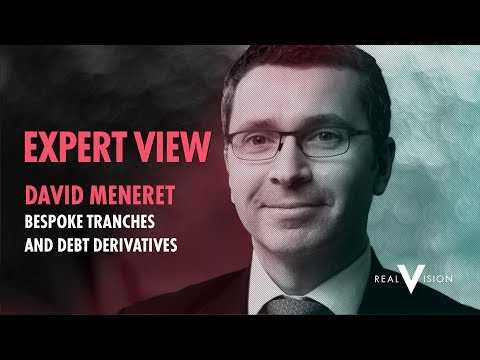Understanding Artificial Intelligence and Its Applications
What is Artificial Intelligence? Artificial Intelligence (AI) is a branch of computer science that focuses on creating intelligent machines that can perform tasks that typically require human intelligence. AI systems are designed to mimic human cognitive abilities, such as learning, reasoning, problem-solving, and decision-making. There are several key components that … …

